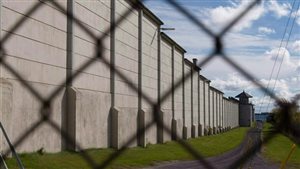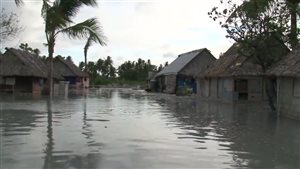Your hosts this week are regular team members, Wojtek, Lynn, and Marc
Listen
A new study shows that in its efforts to balance the budget, the federal government budget cuts have had a significant effect upon services to citizens, and this in spite of what the government has been saying.
The report shows that the depth of the cuts has been hidden by the fact that they have been incremental rather than making one large cut at a time. The cumulative effect of several small cuts coming one on top of another has resulted in many billions of dollars in cuts and significant loss of staffing for many of those publice services and agencies.
Wojtek spoke to Kayle Hatt, a co-author of the study from the Canadian Centre for Policy Alternatives.

The current Conservative Party government in Canada has long had a distinct “tough on crime” platform.
To that end they have made changes to the justice system, pushing through legislation and regulatory changes, some of which have been quite controversial.
Indeed, some of those changes have been contested in the courts and have been found to be unconstitutional.
To find out what is worrying the lawyers, Lynn spoke with Bill Trudell, chair of the Canadian Council of Criminal Defence Lawyers.

As global warming is changing climatic patterns around the world, a new class of refugee has been created. Climate refugees are being forced from their traditional homes by things like, repeated ongoing droughts, or floods, sea-level rise, repeated vicious storms, and forest fires amongst other climate related problems.
As dramatic weather anomolies increase, the number of climate refugees is also expected to rise, and perhaps dramatically in the years to come as they seek new places to live. A Canadian doctor and professor at Simon Fraser University in British Columbia looked into the issue and found that his province was ill-equipped to deal with an influx of climate migrants..
Marc spoke with Dr Tim Takaro who begins by explaining the definition of climate refugee.







For reasons beyond our control, and for an undetermined period of time, our comment section is now closed. However, our social networks remain open to your contributions.